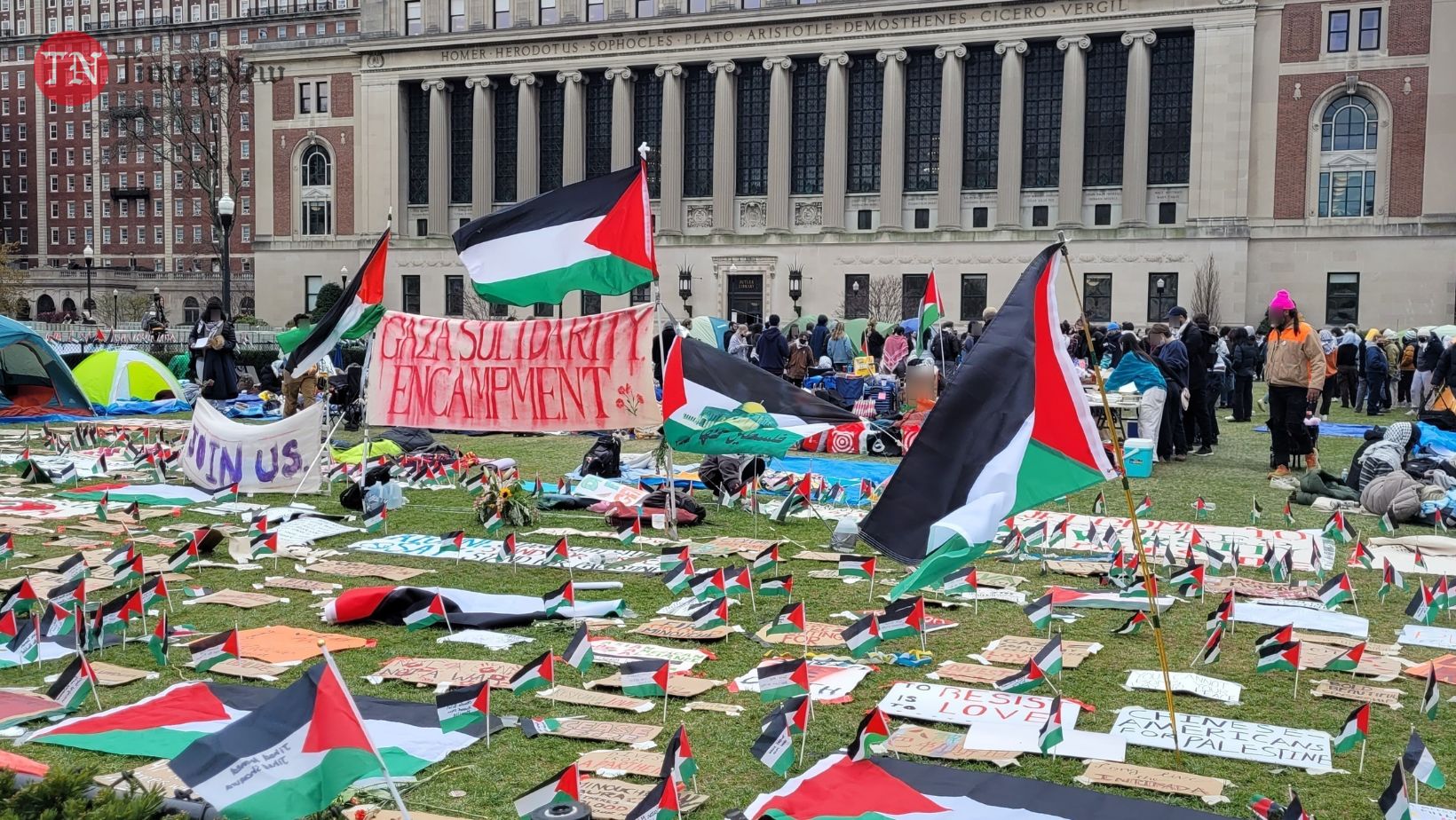
Protests linked to the Israel-Hamas conflict have escalated across several U.S. universities, leading to significant confrontations and administrative actions as commencement ceremonies near. At the University of Texas at Austin, a notable clash involving police in riot gear resulted in the arrest of at least 40 demonstrators. The incident involved physical altercations and the use of crowd-control measures like pepper spray and flash-bangs. Columbia University in New York has also taken a firm stance by issuing suspensions to students who defied a deadline to dismantle a protest encampment on its campus.
The protests, which have spread to campuses nationwide—including Harvard, Yale, and the University of Pennsylvania—center around calls for U.S. universities to sever financial ties with Israel. These demonstrations have disrupted normal campus activities and prompted some institutions to shift to remote classes or alter their graduation plans. Notably, Columbia University has faced a lawsuit from Jewish students claiming the school failed to maintain a safe environment, while a legal group has called for a civil rights investigation into Columbia’s handling of pro-Palestinian protesters.
As universities grapple with these complex issues, the debate over free speech and university policy continues to intensify. Some institutions like Northwestern University have negotiated terms to allow peaceful protests, whereas others like the University of Southern California have canceled major events to avoid disruptions. Amidst these tensions, both faculty and students are pushing for policy changes and greater protections for protesters on campus.
Pic Courtesy: google/ images are subject to copyright









